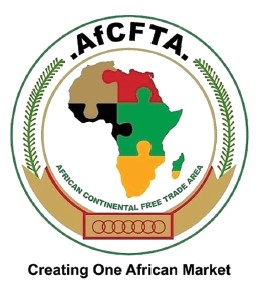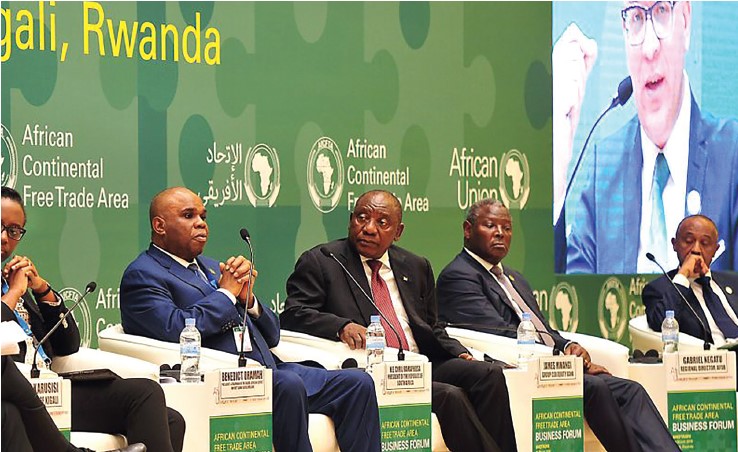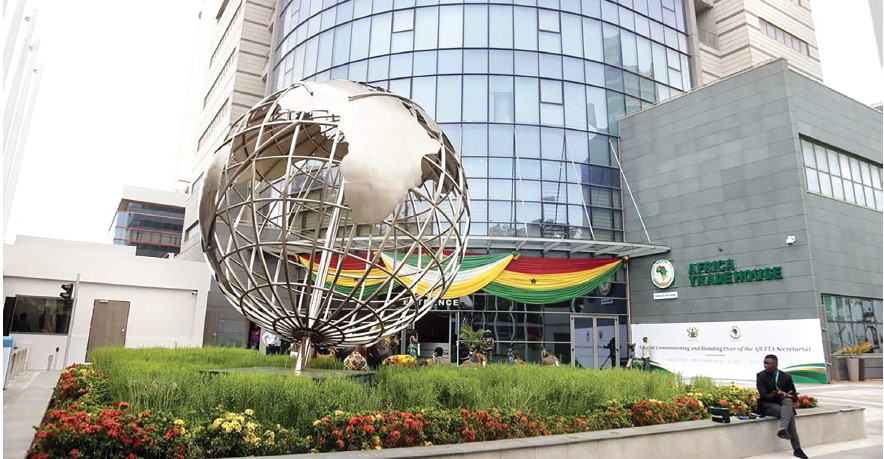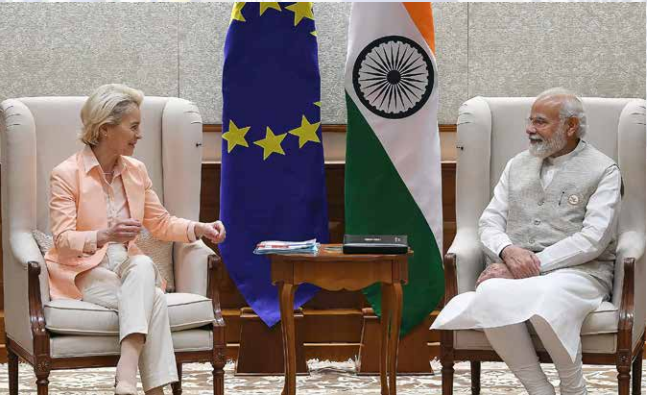The AfCFTA aims to boost intra-African trade by providing a comprehensive and mutually beneficial trade agreement among the member states, covering trade in goods, services, investment, intellectual property rights and competition policy.

The African Continental Free Trade Area (AfCFTA) is a flagship project of Agenda 2063 of the African Union, Africa’s own development vision. It was approved by the 18th Ordinary Session of Assembly of Heads of State and Government, held in Addis Ababa, Ethiopia in January 2012, which adopted the decision to establish a Continental Free Trade Area. This is an initiative whose immediate implementation would provide quick wins, create impact on socio-economic development, and enhance confidence and the commitment of Africans as the owners and drivers of Agenda 2063. The AfCFTA aims at accelerating intra-African trade and boosting Africa’s trading position in the global market by strengthening Africa’s common voice and policy space in global trade negotiations.At the time of writing, 36 countries have ratified the AfCFTA agreement.
The African Continental Free Trade Area (AfCFTA) will cover a market of 1.2 billion people and a gross domestic product (GDP) of USD 2.5 trillion, across all 55 member States of the African Union. In terms of numbers of participating countries, AfCFTA will be the world’s largest free trade area since the formation of the World Trade Organisation.It is also a highly dynamic market. The population of Africa is projected to reach 2.5 billion by 2050, at which point it will comprise 26% of what is projected to be the world’s working age population, with an economy that is estimated to grow twice as rapidly as that of the developed world.With average tariffs of 6.1%, businesses currently face higher tariffs when they export within Africa than when they export outside it. AfCFTA will progressively eliminate tariffs on intra-African trade, making it easier for African businesses to trade within the continent and cater to and benefit from the growing African market.Consolidating this continent into one trade area provides great opportunities for trading enterprises, businesses and consumers across Africa and the chance to support sustainable development in the world’s least developed region. ECA estimates that AfCFTA has the potential both to boost intra-African trade by 52.3% by eliminating import duties, and to double this trade if non-tariff barriers are also reduced. Located in Accra, Ghana, the African Continental Free Trade Area Secretariat is the administrative organ to coordinate the implementation of the AfCFTA. The Secretariat is responsible for convening meetings, monitoring and evaluating the implementation process and other duties assigned to it by the Committee of Senior Officials, Council of Ministers, and the Assembly of the African Union (AU).

The Assembly of the AfCFTA is the highest decision-making organ of the AU, consisting of all AU Heads of State and Government. It has exclusive authority to adopt interpretations of this Agreement on the recommendation of the Council of Ministers, andprovides oversight and guidance on the AfCFTA. The Council of Ministers comprises Ministers for Trade of the State Parties. It will take decisions on all matters under the AfCFTA Agreement, and reports to the Assembly through the Executive Council of the AU. The AfCFTA Council of Minister is separate from the AU Ministers of Trade (AMOT). The Committee of Senior Trade Officials comprises Permanent Secretaries or other officials designated by State Parties. It is responsible for the development of programmes and action plans for the implementation of the AfCFTA Agreement.
The Protocols of the AfCFTA Agreement establish various technical committees to assist with the implementation of the Agreement. They include the Trade in Goods Committee and Trade in Services Committee.






